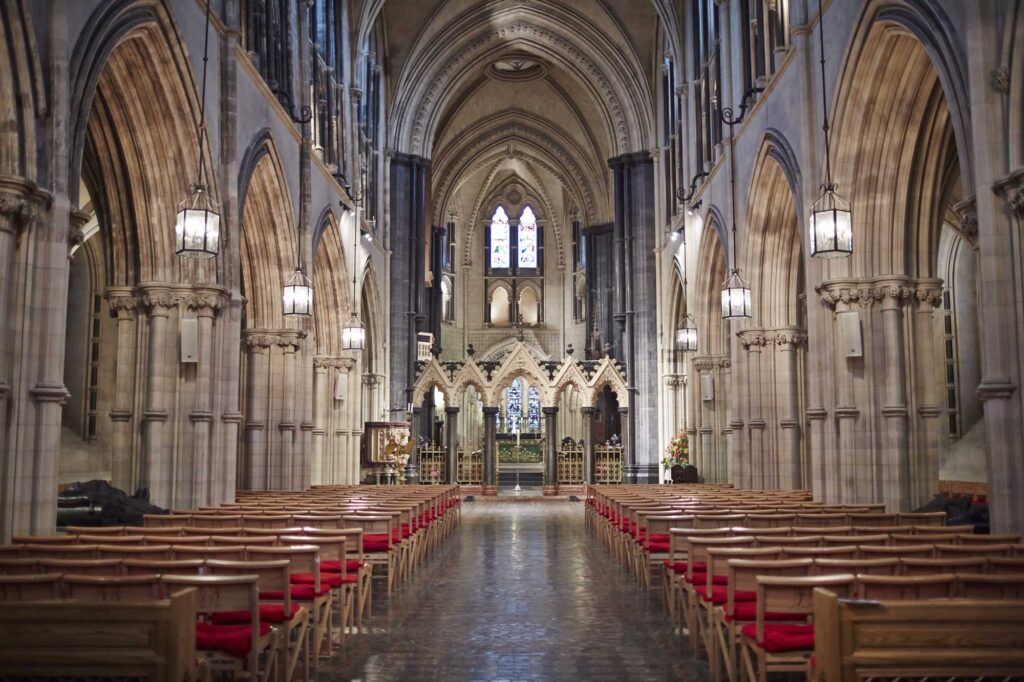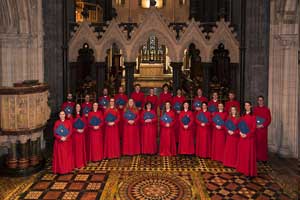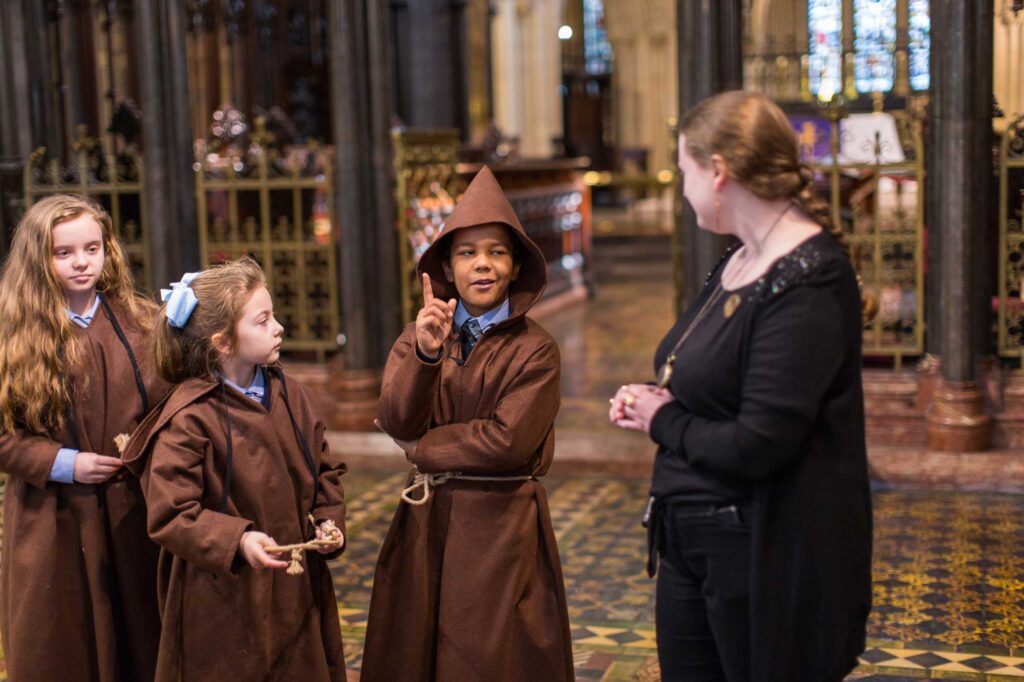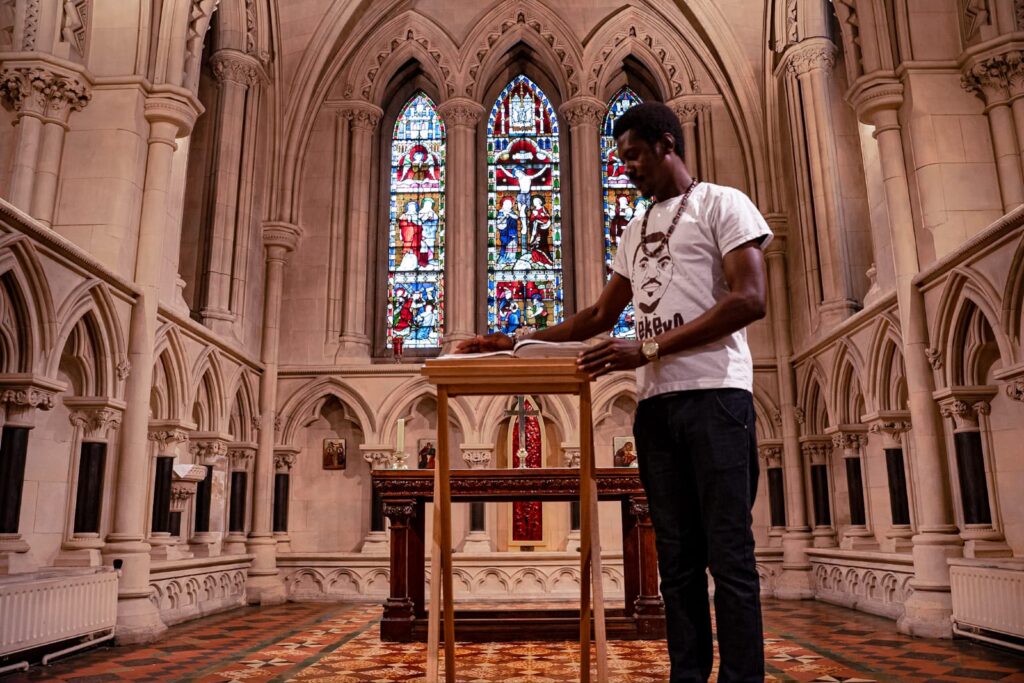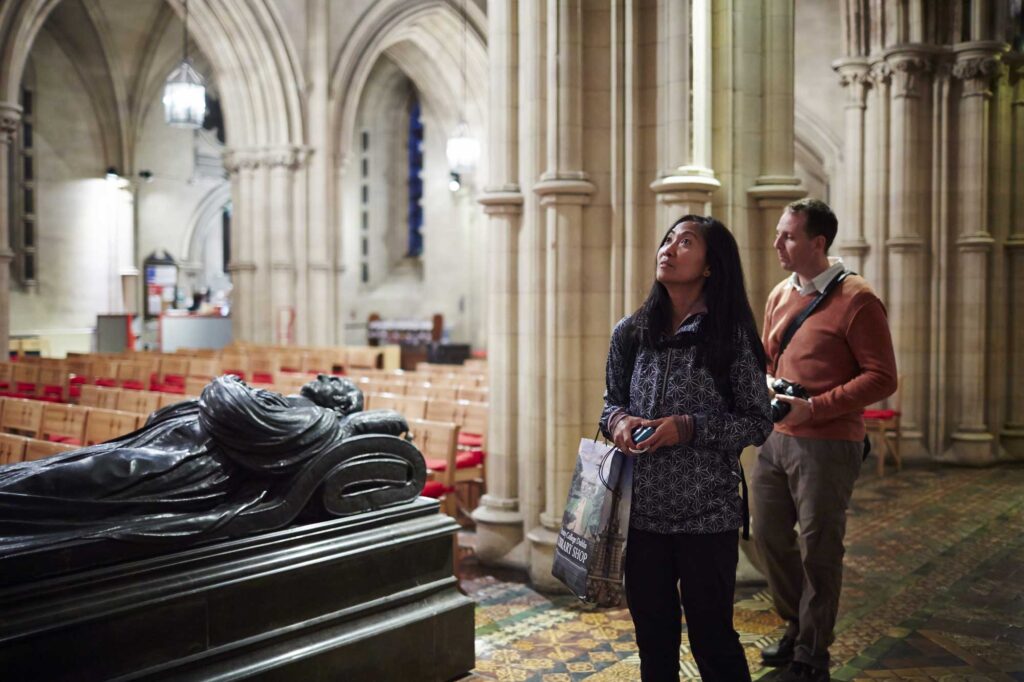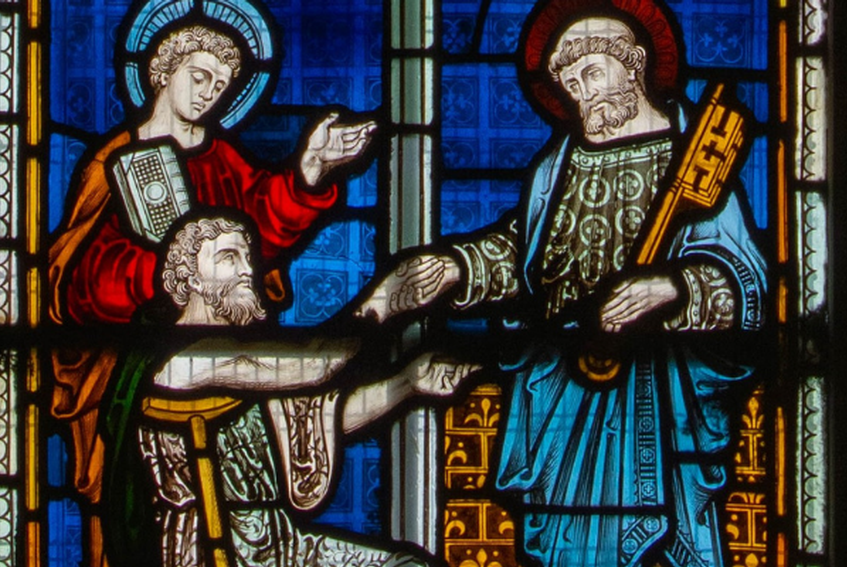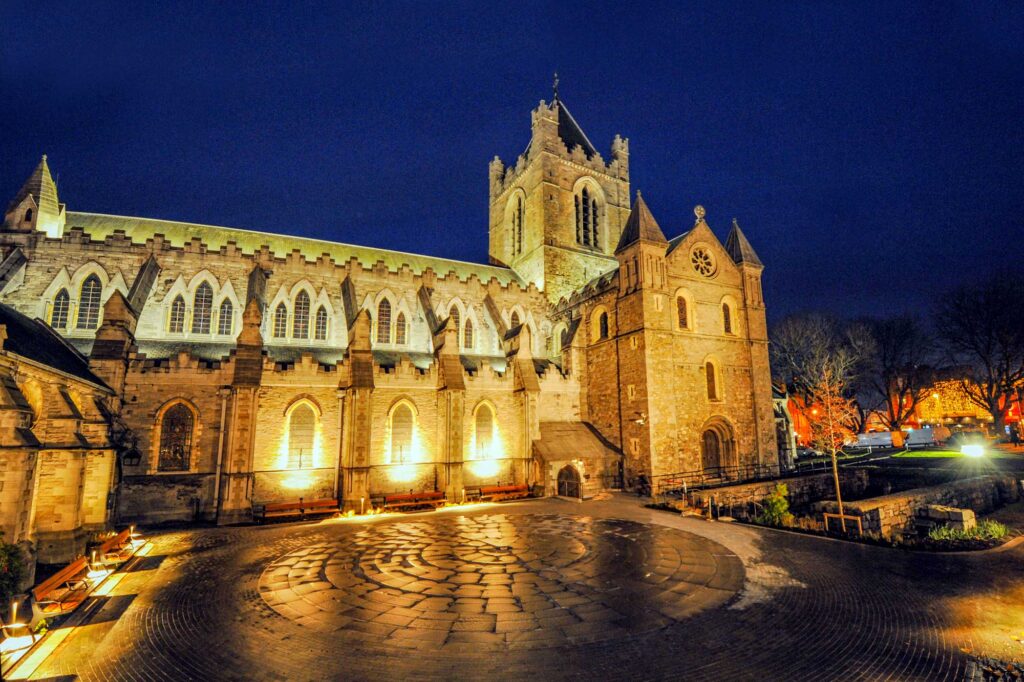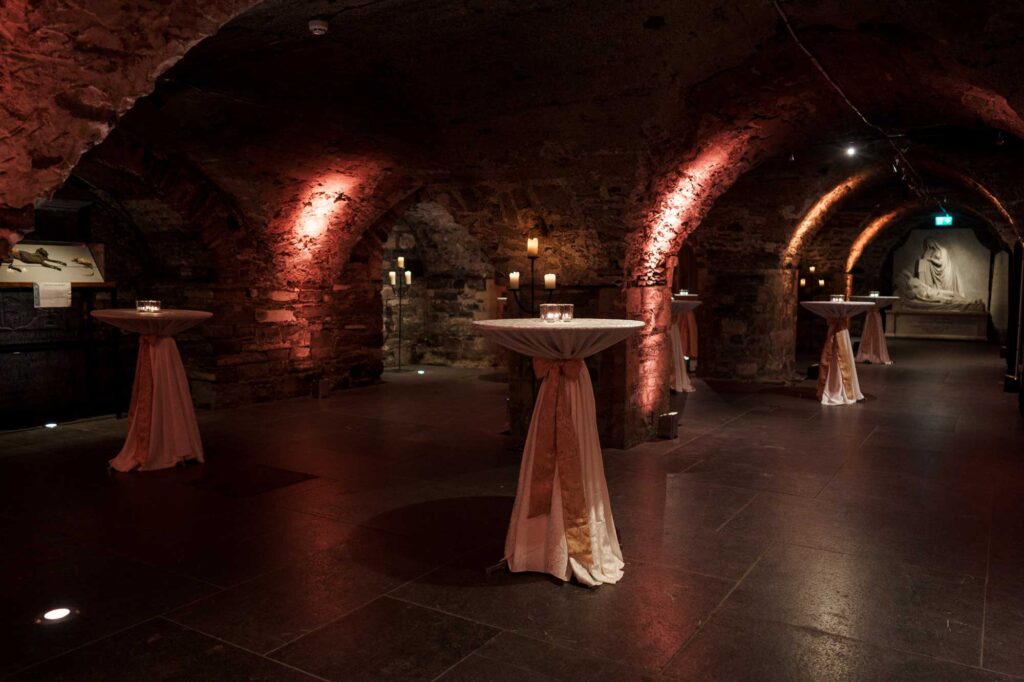Christ Church Cathedral, Trinity VIII, 17 July 2016
Col. 1.15-28
…in him all things hold together.
If you belong to Dublin, or visit it frequently, you will know Dublin Bay, and its extremities: the promontory of Howth, so nearly an island, and the island of Dalkey. And if you visit Dalkey Sound and look across to the island you will see traces of human habitation and activity there going back 4000 years before Christ, and the same is true of Howth, On Dalkey island archaeologists have found evidence of Mesolithic farmers and fishermen, of early medieval wine trading with the Bordeaux region. Dalkey, like Howth, was visited by the Vikings – Dublin itself was a Viking foundation. There’s a medieval church which of course evidences Christianity and its wide connections with Europe and Rome. There is lots of evidence – like this cathedral and Dublin castle – of Anglo-Norman presence in Dublin. There is evidence all over the country of Elizabethan and later settlement. And on Dalkey island there is a gun battery and Martello tower to remind us of British defences against Napoleon. Dublin has shops now providing for modern residents who come from various parts of Europe and beyond – Africa, Asia, the Far East and so on. Absolutely everything that you can see tells us that the little island of Dalkey, and the larger mother island of Ireland, and indeed the even larger island to the east, were all colonised from mainland Europe, from earliest times to the present day.
Now I am not making an anti-Brexit point. My concern is not political, but religious. We are by history part of Europe politically, culturally, socially, by genetic history, and by religion, and especially by religion. St Paul and his colleagues brought the faith of Christ to Europe via Turkey and Greece, and into the Roman Empire; in the 4th century the Roman emperor himself adopted Christianity and his empire, and it spread until Europe and Christendom were virtually the same thing. And from earliest times Christianity spread east as well, to Arabia and India, and ultimately to China; to North Africa and similarly south of the Equator. As we all know, the 19th century was an age when trade and missionaries expanded together from Europe across the globe – early globalisation.
But all this sense of a global Christ was anticipated within two generations of Jesus. We read a few minutes ago an amazing piece of early Christian theology – probably not from St Paul’s hand but certainly developing his thought – which proclaims a generation or two after Jesus preached in Galilee, that he was ‘the image of the invisible God, the first-born of all creation – all things were created through him and in him. He is before all things, and in him all things hold together.’ The man who wrote that came from a Jewish background, he was using Jewish scriptures, he was using the language and concepts of his time, but he saw that Jesus had a relevance for the whole created world. He was prepared to say that Jesus was the image of God (well, he knew from scripture that man was made in the image of God), and more, that all things were created through him, in him all things hold together. We cannot say these things and mean them literally, but we can understand them as saying that Jesus provides the central meaning and instruction, the religious focus, for our earthly lives.
Whatever the political ructions in Europe, whatever the relations between the major power blocks, the point is that Jesus whom we call the Christ still has relevance to our vision of how things are and should be, and for our own personal contribution to the society of this world. The message of ‘You shall love the Lord your God and your neighbour as yourself’ has not changed or ceased to be relevant – even though it may be your experience as it is mine that the older we get the harder it is to observe. Since Jesus walked and talked in Galilee and was put to death on a Roman cross, empires have come and gone, nations have entered and exited empires, individuals have felt very small and been despised and rejected of men as of no account at all. But what they have stood for, whether in their local community or on the battlefields of the Somme, has always been important to the wider world and has made a difference. This world still needs Christianity; as one looks around this city, this people, this Europe, this world, with its poverty and violence, and the sheer evil perpetrated on innocent families celebrating national holiday in Nice, how can one say, ‘Christianity is dead, Christianity is not needed? Christianity is needed more than ever; we have something important to contribute to the world. A century ago, our own Irish poet, William Butler Yeats, famously observed that ‘things fall apart. The centre cannot hold. Mere anarchy is loosed upon the world.’ But two millennia ago, the writer of Colossians ch. 1 had a brighter vision; ‘in Christ all things hold together’.
Amen.

